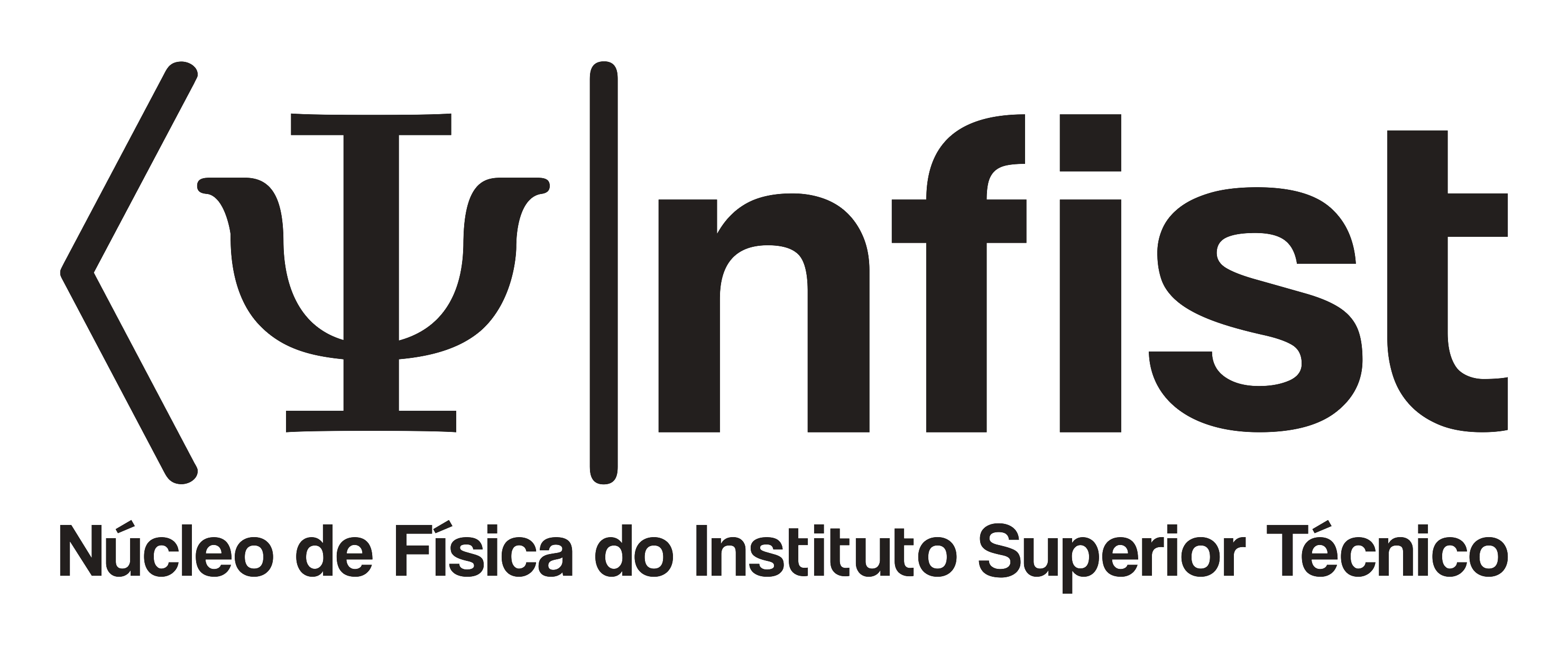
Programme overview
Engineering Physics brings about the vision that economic, human and social progress may be achieved by understanding and manipulating matter, not only at macroscopic scale, but also at scales from nanotechnology to the remote and unknown parts of the Universe. An engineering physicist is challenged daily to participate in scientific development in order to extend the limits of science, by acquiring and applying new knowledge in the frontier between science, engineering and technology.
Programme Structure
The 2nd Cycle in Engineering Physics has a duration of 4 semesters (2 years), equivalent to 120 ECTS. The structure is depicted below.
Note: The curriculum distribution, which is shown over the two years, may be different according to the optional modules chosen.
-
1st year (ECTS)
-
48
-
12
-
-
2nd year (ECTS)
-
18
-
12
-
30
-
The curricula of the 1st and 2nd Cycle were reformed in the 2021/2022 academic year, following Decree-Law 65/2018 and the implementation of a new teaching model and pedagogical practices. The MSc programme in Engineering Physics derives from the former Integrated MSc in Engineering Physics.
-
Core Structure (48 ECTS)
The MSc Programme in Engineering Physics (Major) improves the capabilities and knowledge acquired in the 1st Cycle in subject areas such as Particle Physics, Plasma, Nuclear Physics, Nanoelectronics, Astrophysics, Relativity, Cosmology, Condensed Matter Physics, among others.
The programme structure offers you the possibility to take modules within the core structure..
-
Free options (30 ECTS)
Part of the curriculum is of fully free choice, i.e., students may choose modules not only in Engineering Physics, but also in any other scientific field offered by Técnico.
This component includes the possibility of taking a Minor – a number of multidisciplinary modules – which equals 18 ECTS credits. The offer cuts across all programmes offered by Técnico.
Extra-curricular activities may also be credited, to a maximum of 6 ECTS credit points.
-
Integrative Project (12 ECTS)
In order to merge knowledge acquired in this MSc programme, students are proposed to conduct individual or group work research for a project, within an academic or business context, on a challenge in Engineering Physics.
-
Dissertation (30 ECTS)
The dissertation is the final assignment of the study cycle, which allows students to focus and specialise on a specific subject that may take any of these formats:
- Scientific thesis
- Internship at a company
- Capstone project
Target Audience
The MSc programme in Engineering Physics is intended for graduates in areas related to Engineering, in particular Physics, Energy, Nanotechnology, Electronics, Biomedical Engineering, Mechanics and related areas.
The programme is taught in Portuguese however may there be international or mobility students enrolled, the curricular units will be taught in English.
Career Opportunities
Técnico MSc graduates in Engineering Physics may work in cutting-edge technology companies and in research and development (R&D). Given its multidisciplinary nature and background in cross cutting areas, graduates are also able to pursue a career in:
- Microtechnology and nanotechnology;
- Bioengineering and in the medical sector;
- Aircraft and space technology industries;
- Energy companies;
- Software development;
- Higher education and/or scientific research institutions;
- Consulting companies and banks;
- Governmental institutions.
Facts & Figures
Source: Técnico Employability Observatory | 2016/17 academic year data.
Entry requirements
To apply for a 2nd Cycle at Técnico you should:
- hold a 1st cycle degree in Science and Technology (except in the case of the 2nd cycle in Architecture, which requires a 1st cycle degree in Architecture);
- hold an academic, scientific or professional curriculum that certifies their ability to do the MSc programme which they apply for.
Candidates are selected according to these criteria:
- affinity between the degree they hold and the programme they apply for;
- type of degree they hold;
- academic success in the programme they attended.
Note: if requested, we may appreciate the academic, scientific or professional curriculum and the candidate’s performance during the interview.
Students' Organisations

Técnico students autonomously and proactively stimulate projects that complement their academic background. For example, the Students’ Organisations provide them with skills and added value making them more competitive in the labour market.
The Physics Students’ Organisation (NFIST) is the main organisation run by Engineering Physics students, which promotes:
- the Physics Week, an open week for secondary students
- Physics Exhibitions (Physics Circus and Physics on Wheels)
- Astronomical observations (Astro)
- Pulsar (course journal)
- Engineering Physics meetings and seminars (Jornadas de Física)
- Técnico Summer Internships
- the Summer School for Astronomy
- Recreation and leisure activities

